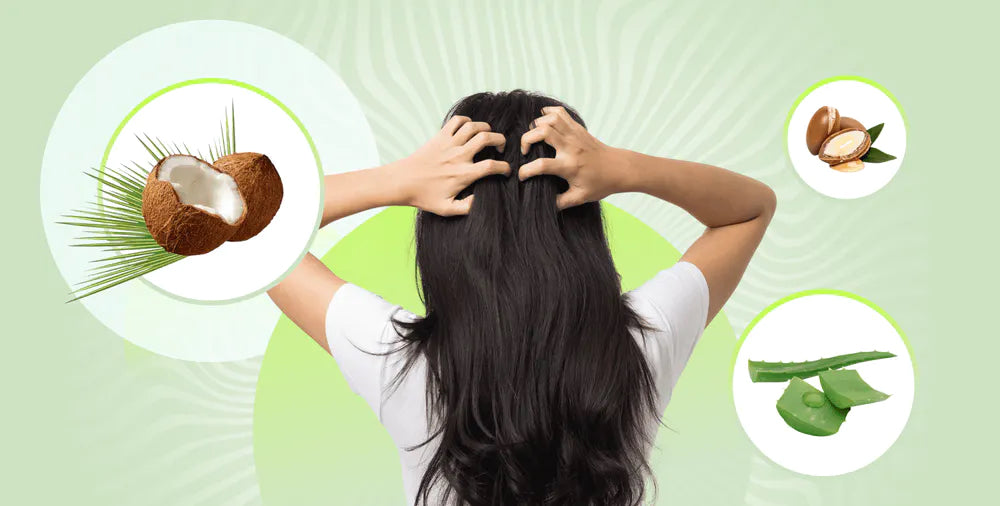As a vegetarian or vegan, it's important to pay attention to your nutrient intake to ensure you're getting all the essential vitamins and minerals your body needs. Two nutrients that often require special consideration for those following a plant-based diet are vitamin D and iron.
The Importance of Vitamin D
Vitamin D plays a crucial role in maintaining overall health. It helps regulate calcium and phosphorus absorption, supports immune function, and promotes bone health. While sunlight is the primary source of vitamin D, it can be challenging for vegetarians and vegans to obtain adequate amounts.
Plant-based sources of vitamin D include:
- Mushrooms exposed to sunlight
- Fortified plant-based milk
- Fortified cereals
- Supplements
It's important to note that vitamin D2, derived from plant sources, may not be as effective as vitamin D3, which is typically derived from animal sources. Therefore, it's recommended for vegetarians and vegans to monitor their vitamin D levels and consider supplementation if necessary.
The Role of Iron in a Plant-Based Diet
Iron is an essential mineral that plays a vital role in transporting oxygen throughout the body. While iron is abundant in many animal-based foods, vegetarians and vegans can still meet their iron needs through plant-based sources.
Plant-based sources of iron include:
- Legumes (such as lentils, chickpeas, and beans)
- Leafy green vegetables (such as spinach and kale)
- Seeds and nuts (such as pumpkin seeds and almonds)
- Whole grains (such as quinoa and brown rice)
Pairing iron-rich foods with vitamin C-rich foods can enhance iron absorption. For example, enjoying a spinach salad with a squeeze of lemon juice can help increase the amount of iron your body absorbs.
Optimizing Vitamin D and Iron Absorption
While plant-based sources of vitamin D and iron are available, there are a few additional steps you can take to optimize their absorption:
- Ensure adequate stomach acid levels: Low stomach acid can hinder the absorption of iron. Consider incorporating apple cider vinegar or lemon water into your routine to support healthy digestion.
- Avoid consuming calcium-rich foods with iron-rich foods: Calcium can inhibit iron absorption, so it's best to avoid consuming calcium-rich foods (such as dairy products) at the same time as iron-rich foods.
- Consider cooking techniques: Some cooking techniques, such as soaking and sprouting legumes, can help reduce the presence of anti-nutrients that may interfere with iron absorption.
Conclusion
As a vegetarian or vegan, it's important to be mindful of your vitamin D and iron intake. While plant-based sources are available, monitoring your nutrient levels and considering supplementation if necessary can help ensure you're meeting your body's needs. By optimizing absorption through pairing foods strategically and supporting healthy digestion, you can thrive on a vegetarian or vegan diet.
< Read the Previous Blog (The Relationship Between Vitamin D and Iron Levels in the Body)
Read the Next Blog (Vitamin D and Iron for Pregnant Women) >
Continue Reading Our Series On Vitamin d And Iron Together
- The Benefits of Taking Vitamin D and Iron Together
- Benefits Of Taking Vitamin D And Iron Together
- How Vitamin D and Iron Work Together In The Body
- Importance Of Vitamin D And Iron For Overall Health
- Natural Ways To Increase Vitamin D And Iron Levels
- Vitamin D and Iron-Rich Recipes
- The Role Of Vitamin D And Iron In Immune System Function
- Vitamin D and Iron for Energy and Fatigue
- Vitamin D and Iron for Hair and Nail Health
- Vitamin D and Iron for Cognitive Function
- Vitamin D and Iron for Muscle Strength
- Vitamin D and Iron for Cardiovascular Health
- Vitamin D and Iron for Children's Health
- The Relationship Between Vitamin D and Iron Levels in the Body
- Vitamin D and Iron for Vegetarians and Vegans
- Vitamin D and Iron for Pregnant Women
- Vitamin D and Iron for People with Specific Medical Conditions
- Vitamin D and Iron for Preventing and Managing Anemia




